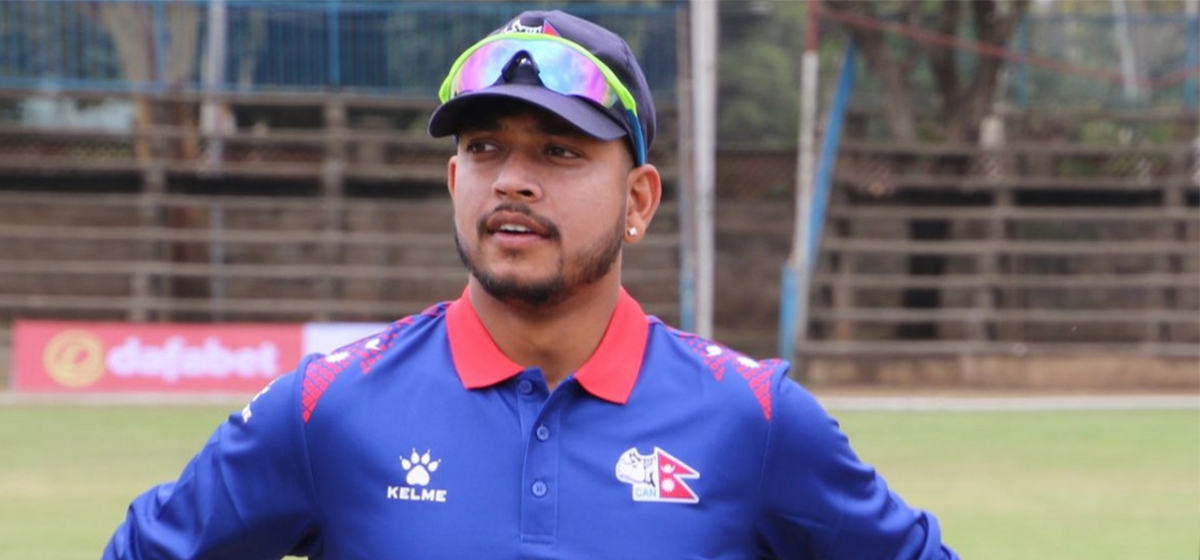MPs demand life for rape of minor, elderly or disabled
KATHMANDU, Aug 21: Lawmakers have registered an amendment proposal to the newly enacted Muluki Codes, demanding life imprisonment for the rape of a minor, an elderly woman or a physically disabled.
Ruling NCP lawmakers Bimala Paudel Rai and Dilkumari Rawal (Parbati) have sought an increment in the sentence for the rape of a child under 10, a woman above 70 or a category ‘A’ disabled person, through the addition of sub-sections to Section 41 of the Muluki Criminal Code. A person who cannot perform normal activities, including someone with autism or who is mentally retarded, is a type ‘A’ category disabled.
The Criminal Code has provisioned life imprisonment only for six crimes including killing after torture, murder after rape, genocide, murder after kidnapping, killing after plane hijacking or through setting off an explosion, and killing through poison in mass-produced food and drink items. Life imprisonment under the new law is 25 years in jail.
To be happy is important

Section 219 of the Criminal Code requires a maximum 16 years jail for the rape of a child below 10 and additional five years jail if the child is disabled. The section provisions a minimum 7 years to a maximum 21 years in rape cases other than marital rape. But the law doesn’t mention any additional sentence for the rape of an elderly woman.
“We have sought life imprisonment in rape cases against physically vulnerable persons as the newly-enacted law provisions a milder sentence in such cases,” Paudel told Republica.
Women lawmakers and rights activists have been calling for maximum sentences in rape cases to curb the increasing incidence of rape across the country. Many blame the lower sentences for lack of any sign of decline in the number of cases.
Following feedback from government agencies and stakeholders, the government had tabled a bill at the National Assembly proposing amendment to various provisions of six laws in the Muluki codes, including those concerning civil, criminal, sentencing and some Nepal Acts.
The amendment bill is currently under discussion in the upper house. Once it is endorsed there, it needs to be approved by the lower house also.

































